Acne causes: Chocolate, Food, stress, make-up…Discover 10 preconceived ideas about acne causes, this skin disease that affects 80% of teenagers.
1. Acne causes: Acne does not only affect teenagers
TRUE. When discussing Acne causes, it is obvious that Acne is primarily a disease of adolescence: it is estimated that 8 out of 10 young people are affected. It is in fact during this period of life that hormonal changes occur that will activate the pilosebaceous follicles, the small pockets in which the hairs originate. Under the effect of hormones, these glands will produce excess sebum, giving the skin an oily appearance, which can lead to the clogging of the skin pores and, subsequently, the appearance of pimples. While this disorder tends to return to normal once adolescence is over, some adults are not spared.
We recommend for an authentic all-natural acne support Dr. Elix Acne Treatment Serum and for maintenance treatment our Organic Prickly pear seed oil, to act against excessive sebum production and balance its thick texture, high stimulation due to free radical attacks, and to act against the incriminated acne bacteria (Propionibacterium acnes) as well as all the acne environment (dry subtle moisturizing and support against sun UV rays). This is convenient for both cases adults and adolescents.
2. Chocolate causes acne
Wrong. “Stop eating cold cuts/chocolate/spreads… you’ll get zits!”. Few teenagers have ever escaped that warning. However, the role of fatty foods in triggering or aggravating acne is unclear. Currently, there is no scientific evidence that chocolate, saturated fats or salt are involved. However, several studies have shown a correlation between the consumption of dairy products, particularly skim milk, and the degree of severity of acne. Foods high in fast sugars also seem to be involved. But again, there is no scientific consensus.
However, it is known that foods rich in fast sugars induce an increase in Insulin release and, at the same time, in the secretion of a hormone that contributes to the clogging of pilosebaceous follicles. In some patients who have adopted a low-sugar diet, there is a decrease in acne, thus adopting a special acne diet will be recommended and of good practice.
3. Women are more prone to acne just before and during menstruation.
TRUE. A few days before menstruation starts, some women may have an acne flare-up. This is because before menstruation, female hormone levels (estrogen, progesterone) are at their lowest. At this time, the concentration of testosterone (a male hormone made by women’s ovaries and adrenal glands) is higher than the female hormones. Testosterone promotes the secretion of sebum by the pilosebaceous follicles, which explains the occurrence of an acne flare-up.
4. Make-up aggravates acne
There is no doubt about it: the use of greasy and occlusive cosmetics promotes the appearance and aggravation of acne on the areas where these products are applied. The fact of having acne is not a contraindication to make-up, but there are certain products to be avoided. For example, it is best to avoid powders, which clog pores, in favor of a tinted moisturizer. Some moisturizers are labeled “non-comedogenic”.
If you have acne-prone skin, you can find smooth well-balanced skin without imperfections within just 3 to 5 weeks with Dr. Elix Best acne treatment serum. Dr. Elix Acne serum regulates the sebum production and its texture, as well as purifies your pores from the excessive acne bacteria communities, improving your pores look, fades acne spots, and evens out your skin tone, all in a premium all-natural acne treatment. We recommend for impressive skin benefits our Organic Prickly pear oil, Moroccan secret for brightening and glowing skin, perfectly convenient for your skin type, and for a successful beauty ritual. Check out our Prickly pear oil benefits article for more information.
5. Acne can be caused by poor hygiene.
TRUE and FALSE. It’s a question of balance. You should cleanse your skin at least once a day, but you shouldn’t overdo it because too much washing can cause irritation and therefore an increase in sebum production.
With acne, the problem often comes from a misuse of hygiene products. Many people use dermatological milks but they forget to rinse their faces. As a result, the milk clogs their follicles, which promotes acne. Alcoholic or antiseptic products are not recommended because they irritate the skin. You need to cleanse, but not aggress. The more you attack the skin with detergents, the more seborrhoea is caused: the sebaceous gland starts to produce excess sebum.
The ideal is, therefore, to use a mild cleansing gel once or twice a day, without forgetting to rinse. I would also like to insist to check out our premium natural best acne treatment for outstanding benefits and acne support, from dry subtle moisturizing to clearing effectively your acne and protecting your skin in its best conditions, until evens out your skin tone and improving your skin texture.
6. Acne is sometimes hereditary.
TRUE. Several studies have indeed shown that teenagers with a family history of acne are more likely to have severe acne. Around 60% of acne is estimated to have a genetic predisposition. If two or more of his or her family members have acne, chances are high that the child will have acne during adolescence. Even with a genetic predisposition to have acne, there are natural acne treatments that assist efficiently to balance the skin texture and sebum quality.
7. Acne causes: You should not pierce your pimples
TRUE. Each time a pimple is pierced, a wound is opened that can be infected. This may result in an inflammatory response, leading to sebaceous gland fibrosis. The sebaceous gland will then sink into the depths of the dermis and form a nodule, a sort of small bump under the skin. The pierced pimple can also become a scar or give way to post-inflammatory hyperpigmentation.
8. Stress does not correlate with acne.
WRONG. Its implication is not yet well understood, but it is certain that stress plays a role in acne. Stressed teens will release adrenaline, a hormone that is chemically very similar to the hormone that promotes acne. Stress may also act on acne through nerve cells, which are found in large numbers around the sebaceous glands in the skin. These cells can produce a substance released under the effect of stress that can stimulate sebum production.
9. The presence of acne can hide another disease
TRUE. In an adult woman, the presence of symptoms alongside acne – significant hair growth, hair loss, menstrual disorders or weight gain – may lead to suspicion of male hormone hypersecretion. To find the cause, a hormonal assessment is carried out, sometimes supplemented by an ultrasound scan of the ovaries. In very rare cases, polycystic ovary syndrome (POS) may be discovered. This disease is due to excessive production of male hormones by the ovaries, which prevents the eggs from becoming mature. But most often, acne is not associated with a hormonal abnormality, but with hypersensitivity to male hormones.
10. The sun can help regress an acne outbreak
TRUE AND FALSE. The first rays of the sun can indeed improve acne, especially on the back. But those who expose themselves too much to UV rays run the risk of a backlash. The more you go out in the sun without protection, the thicker your skin gets. This leads to a mechanical closure of the sebaceous gland and thus a plugging of the canal. The dermatologist observes this every day in her practice: after the summer, acne flare-ups jump out of control. Each autumn, many cases of retentional acne occur, which is why it is important to protect your skin during the summer.
Dr. Elix – Nature’s Finest Elixirs

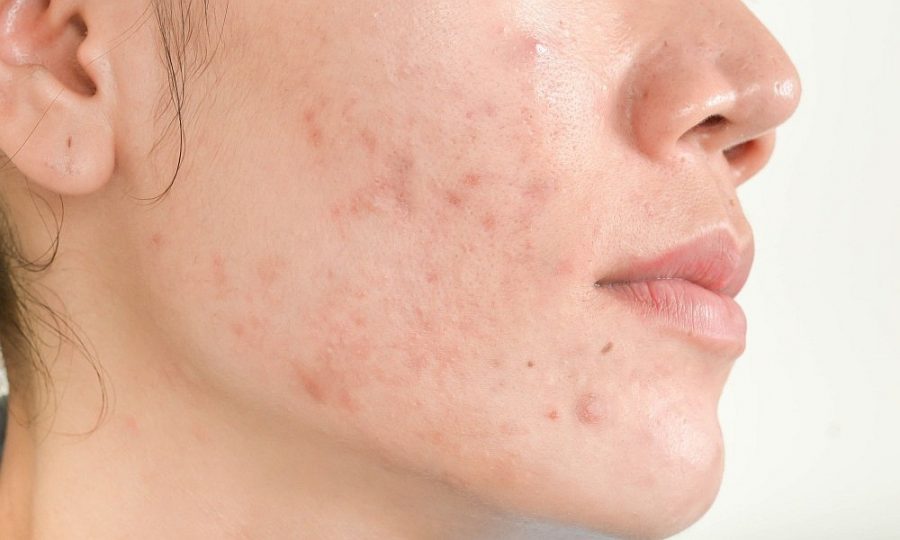
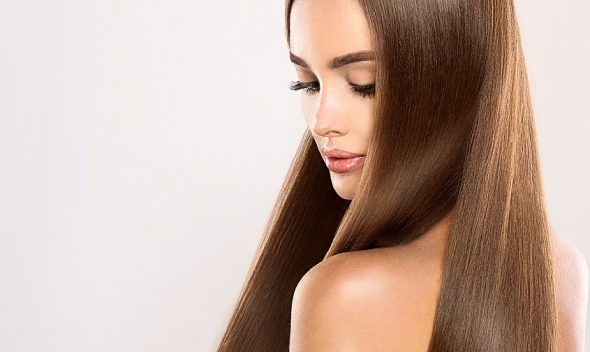
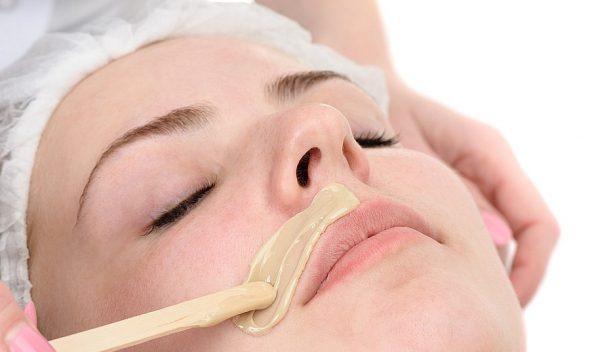
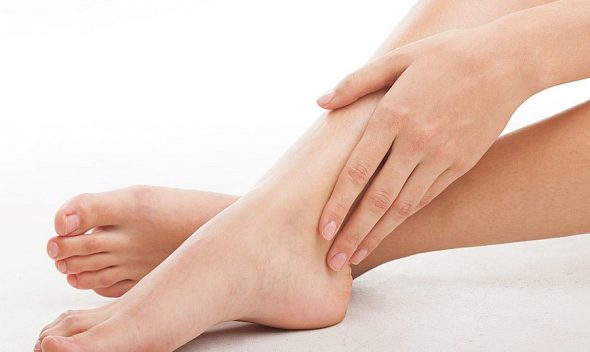
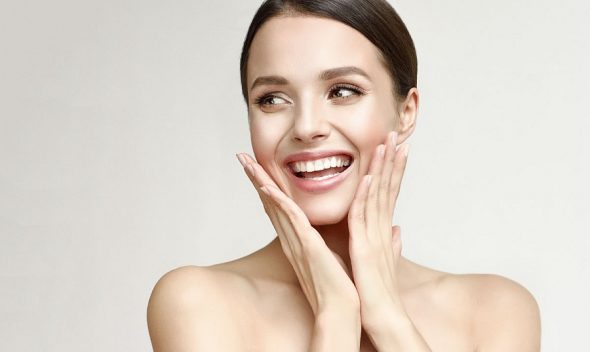
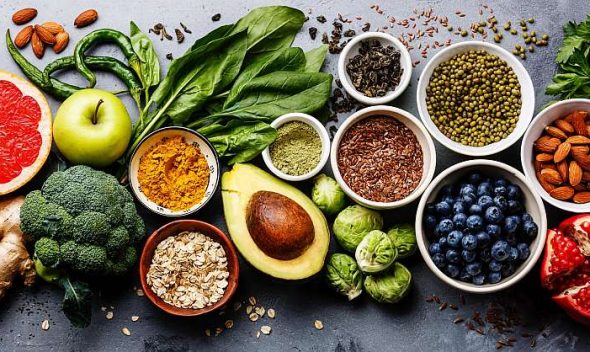
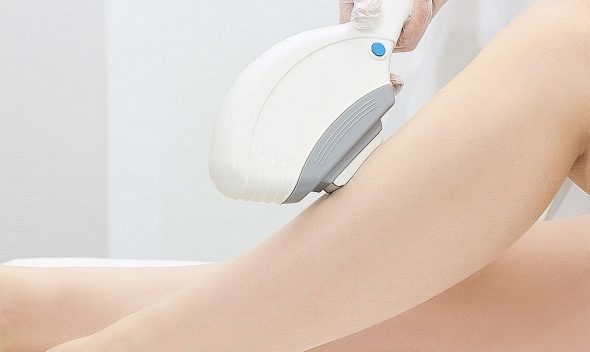
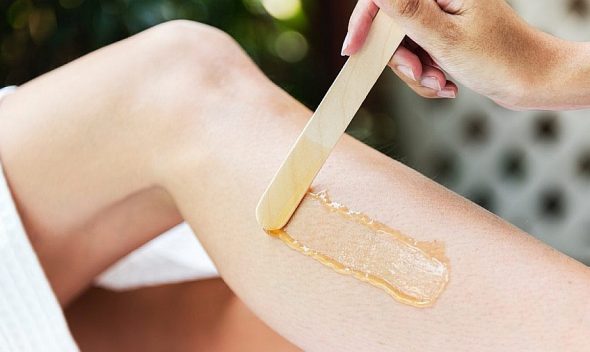
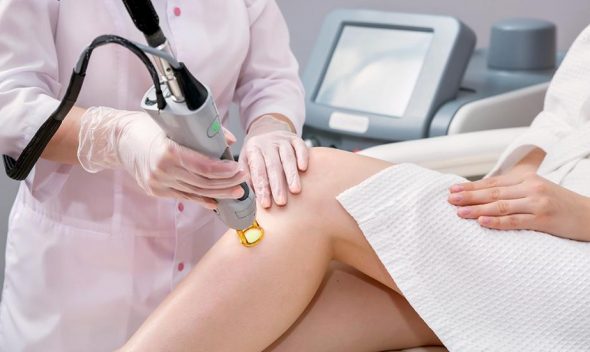
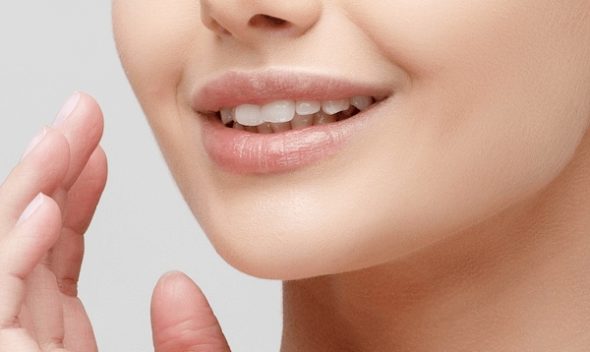
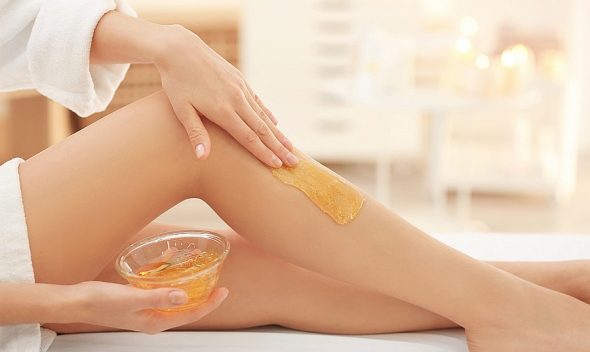
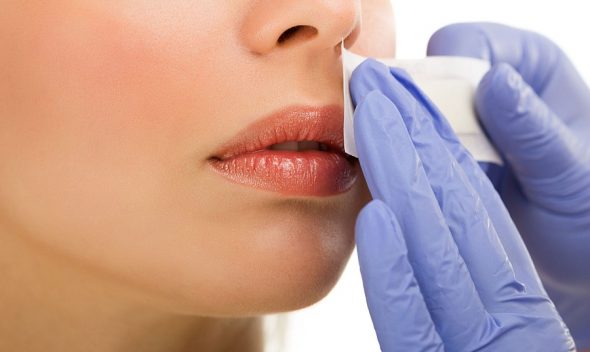
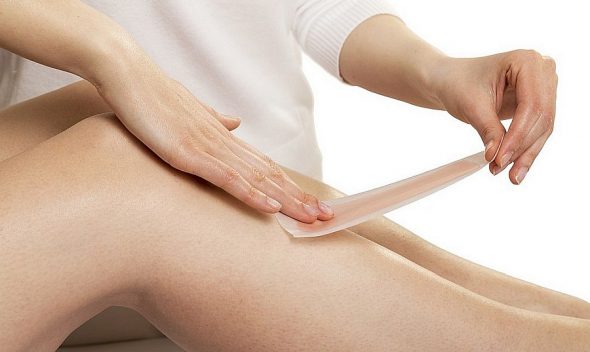
Leave a comment